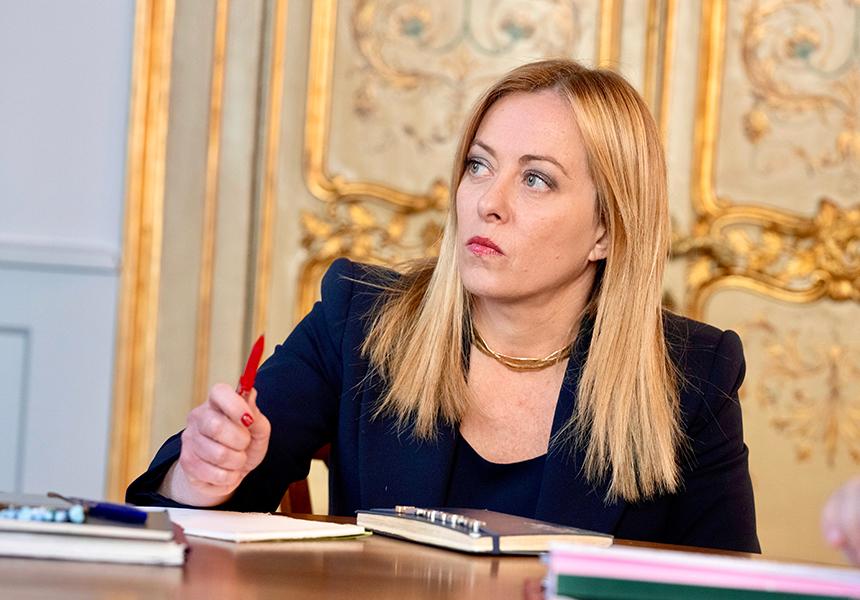Minimum wage: President Meloni’s letter to the Corriere della Sera newspaper
12 August 2023

Dear Editor,
since entering office, the Government has shown that its priority is to safeguard Italians’ salaries and income. We have devoted large part of the available resources to cutting the tax wedge and strengthening households’ purchasing power. This will be the line we follow in the next Budget Law, which we are already working on. We are interested in hearing any proposal that goes in the direction of incomes and employment, of merit and fairness; we do not have ideological prejudices, we are pragmatic.
This was our approach during yesterday’s meeting at Palazzo Chigi with representatives from opposition parties regarding their proposal for a minimum wage. I believe this is a sign of great respect, and I say that knowing full well how previous governments used to operate: in the many years I spent on the opposition, I was personally never invited by a President of the Council of Ministers to talk about a law proposal presented by Fratelli d’Italia.
It is not just a question of style, but of political substance; this is the way I do things. I am pleased with how the meeting went; it was respectful and constructive. First of all because there is common ground from which to start: we all share the aim of protecting workers and bringing an end to a very long era of low wages, which are now being squeezed by inflation. There are differences in opinion on what path to follow in order to achieve that goal. For my part, I reiterated that the best way to raise incomes is to have a nation that returns to growth. For too many years now, Italy has not grown in a steady, solid way, which has unfortunately also resulted in wages remaining low, while the cost of living is rising. We must get out of this dead end of non-growth. We have started, and the figures are positive: unemployment is at a minimum, there is a record number of people in employment, and a historic record of people hired with permanent contracts.
Further initiatives to strengthen this trend are welcome; we (all) can and must do more. Would a minimum wage be the turning point? Many trade union organisations and plenty of labour market experts have some doubts. The fear is that a minimum wage may become a substitute standard, rather than an additional standard, for workers, which would paradoxically worsen conditions for many. I share these doubts, but I shall say it again: I do not have ideological biases; mine is merely due concern about taking action on such a delicate issue without being sure we have weighed up all the pros and cons. I have proposed to the opposition parties that we initiate a serious discussion in the constitutionally designated forum, i.e., the CNEL [National Council for Economics and Labour]. This discussion must be completed swiftly, within 60 days, coming up with a concrete proposal on the issue of ‘poorly paid work’, and not just on a minimum wage. With this approach and a clear road map, we can have a law proposal that is shared with the social partners before the Budget Law, with a text that is effective and based on real data and that can provide a real response both for those looking for work and for those who have a job but one that is not enough to lead a dignified life.
I have asked the opposition parties for their valuable contribution and CNEL has already expressed full willingness to work on this proposal. I would like to reiterate what I said to the colleagues during yesterday’s meeting at Palazzo Chigi: I am not asking them to withdraw their minimum wage proposal, their political battle can continue, but they can enrich that proposal by contributing to this joint task, without ideological barriers. In my view, employment is not an -ism; it is about hard work, talent, skill, income and well-being. Employment - honest work with decent pay - is our priority.
[Courtesy translation]
